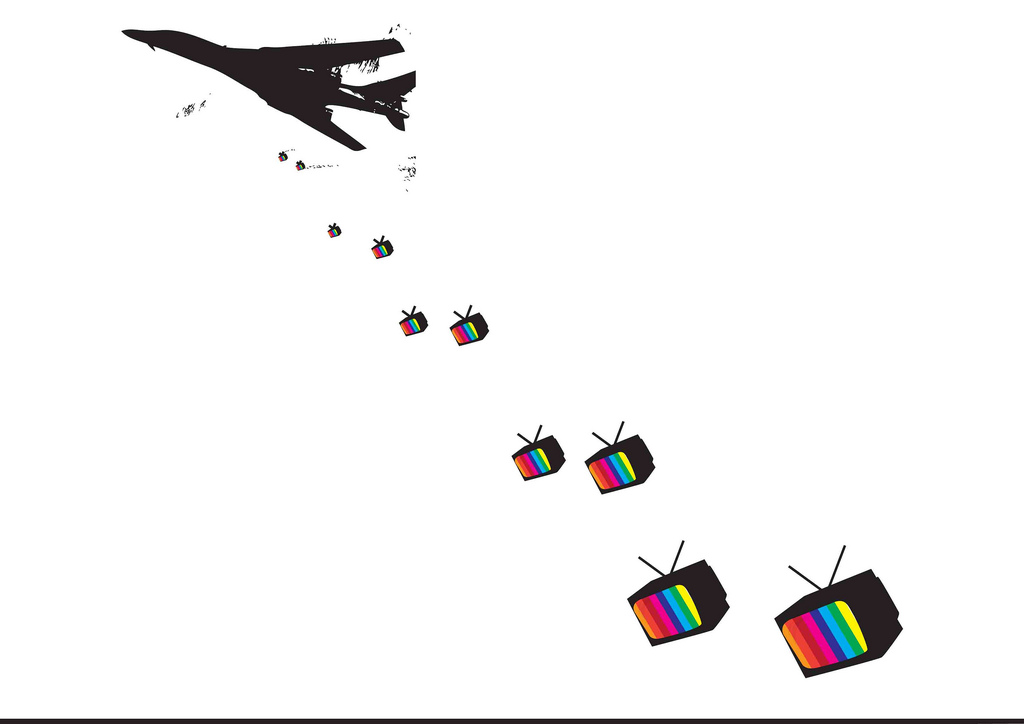The largest change brought by social media has been the possibility of access to information. Vietnam, often called the ‘living room war,’ was the first war broadcast into our homes through our TVs. Many antiwar movements claimed that this mediatization helped fuel the movement and ultimately helped end the war. The advent of social media imposes to put the question: what is social media’s role and influence on war and conflict?
The answer, according to Sarah Jones author of this article, is digital diplomacy, disruption, hashtag revolutions/movements, and what I call iWars.
Sarah Jones defines the Digital diplomacy as “the communication and management of international relations in the digital sphere”.
In today’s world, foreign ministries, governments, politicians, and candidates around the world are actively trying to develop digital strategies. Some use them to threaten the enemy. Others to speak and to be heard. Others to monitor. Others to recruit. Few of them use them for the purpose they were intended: to answer people concerns.
The author of this article, Sarah Jones, selected in 2016 as one of the top one thousand most influential Twitter profiles from across the worlds of marketing, advertising, digital and media by The Drum, IBM’s Watson and Twitter, spoke about the impact of social media on war following the invitation of the US Central Command (CENTCOM).
To read more about this topic, read here the full article.
Image source: Flickr – Khalld Albalh (CC-BY 2.0)
div{float:left;margin-right:10px;}
div.wpmrec2x div.u > div:nth-child(3n){margin-right:0px;}
]]>
Advertisements














